Black Bark Mulch: The Ultimate Guide To Using This Versatile Mulch
Introduction
Black bark mulch is a type of organic mulch made from shredded black walnut, oak, or maple bark. It is a popular choice for gardeners because it is attractive, durable, and provides a number of benefits for plants.
In this blog post, we will discuss the benefits of black bark mulch, how to use it, and how to care for it. We will also provide some tips on choosing the right type of black bark mulch for your needs.
Benefits of Black Bark Mulch
Black bark mulch offers a number of benefits for plants, including:
- Improves soil health: Black bark mulch helps to improve soil aeration and drainage, which can help to promote healthy root growth. It also helps to retain moisture in the soil, which can help to reduce water evaporation and the need for frequent watering.
- Reduces weed growth: Black bark mulch helps to suppress weed growth by blocking sunlight and creating a barrier that weeds cannot penetrate.
- Attracts beneficial insects: Black bark mulch can attract beneficial insects, such as earthworms and ladybugs, which can help to control pests and diseases.
- Improves the appearance of your garden: Black bark mulch can add a touch of elegance and sophistication to your garden. It is also a versatile mulch that can be used in a variety of settings, from flower beds to vegetable gardens.
How to Use Black Bark Mulch
To use black bark mulch, simply spread it around your plants in a layer that is 2-3 inches thick. Be sure to leave a gap of about 2 inches between the mulch and the base of your plants. This will help to prevent the mulch from touching the stems and causing them to rot.
You can apply black bark mulch at any time of year, but it is best to do it in the spring or fall when the weather is mild. If you apply it in the summer, be sure to water it regularly to help it to settle.
How to Care for Black Bark Mulch
Black bark mulch is a low-maintenance mulch, but there are a few things you can do to help it last longer.
- Water regularly: Black bark mulch will help to retain moisture in the soil, but it is still important to water your plants regularly, especially during hot, dry weather.
- Avoid overwatering: Overwatering can cause the mulch to become soggy and start to decompose.
- Remove weeds: If weeds do start to grow in the mulch, remove them promptly.
- Reapply as needed: Over time, the black bark mulch will decompose and need to be replaced. The frequency with which you need to reapply the mulch will depend on the amount of traffic in your garden and the type of plants you are growing.
Choosing the Right Type of Black Bark Mulch
There are a few different types of black bark mulch available, so it is important to choose the right type for your needs.
- Shredded black bark mulch: This is the most common type of black bark mulch. It is made from shredded black walnut, oak, or maple bark. Shredded black bark mulch is a versatile mulch that can be used in a variety of settings.
- Chunky black bark mulch: This type of black bark mulch is made from larger pieces of bark. It is a more natural-looking mulch that can be used to create a more rustic look in your garden.
- Colored black bark mulch: This type of black bark mulch is dyed black. It is a good option if you are looking for a black mulch that will not fade over time.
Conclusion
Black bark mulch is a versatile and attractive mulch that offers a number of benefits for plants. It is easy to use and care for, and it can be used in a variety of settings. If you are looking for a mulch that will improve the appearance of your garden and help to keep your plants healthy, black bark mulch is a great option.
Black bark mulch is a type of mulch that is made from recycled wood products. It is a dark brown or black color, and it has a number of benefits, including:
- It helps to retain moisture in the soil, which can help to reduce water evaporation and keep plants healthy.
- It helps to suppress weeds, as it creates a barrier that prevents them from growing.
- It improves the appearance of your landscape by adding a touch of elegance.
If you are interested in learning more about black bark mulch, you can visit Home Gardening.
FAQ of black bark mulch
- What is black bark mulch?
Black bark mulch is a type of organic mulch made from the ground-up bark of black walnut trees. It is a dark brown or black color, and it has a number of benefits for gardens and landscaping.
- What are the benefits of using black bark mulch?
Black bark mulch has a number of benefits for gardens and landscaping, including:
* Retaining moisture: Black bark mulch helps to retain moisture in the soil, which can help to keep plants healthy and prevent them from drying out.
* Suppressing weeds: Black bark mulch can help to suppress weeds by blocking out sunlight and making it difficult for them to germinate.
* Attracting earthworms: Black bark mulch can attract earthworms, which are beneficial to soil health.
* Improving drainage: Black bark mulch can help to improve drainage in heavy soils, which can help to prevent waterlogging.
* Protecting the soil: Black bark mulch can help to protect the soil from erosion, which can be a problem in areas with heavy rainfall or wind.
- How do I apply black bark mulch?
When applying black bark mulch, it is important to follow these guidelines:
* Spread the mulch evenly around plants, leaving a 2-3 inch gap between the mulch and the stems of the plants.
* The thickness of the mulch layer should be 2-4 inches.
* Do not apply mulch too close to the base of plants, as this can encourage rot.
- How do I maintain black bark mulch?
Black bark mulch should be maintained annually by refreshing the color and removing weeds. To refresh the color, you can add a new layer of mulch or turn the existing mulch. To remove weeds, you can hand-weed or use a hoe.
Image of black bark mulch
- Image 1: A close-up of a pile of black bark mulch. The mulch is a dark, rich black color and has a slightly coarse texture.
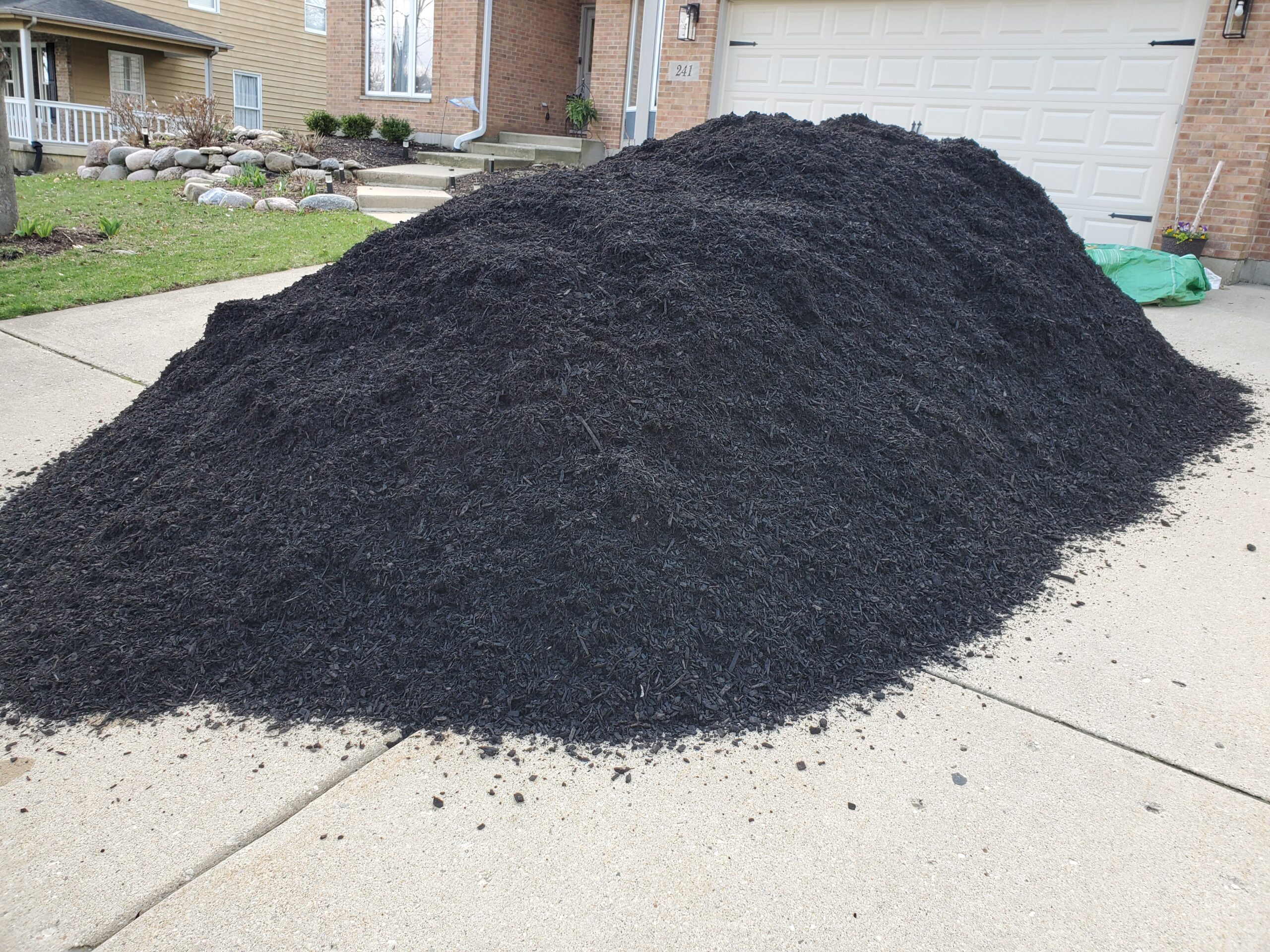
- Image 2: A bed of flowers surrounded by black bark mulch. The mulch helps to keep the soil moist and suppresses weeds.

- Image 3: A tree with black bark mulch spread around the base. The mulch helps to protect the tree's roots from the elements and prevents soil erosion.

- Image 4: A walkway lined with black bark mulch. The mulch helps to define the walkway and makes it look more attractive.

- Image 5: A patio with black bark mulch surrounding it. The mulch helps to keep the patio clean and free of weeds.

- Image 6: A vegetable garden with black bark mulch between the rows. The mulch helps to keep the soil moist and warm, and it also helps to suppress weeds.
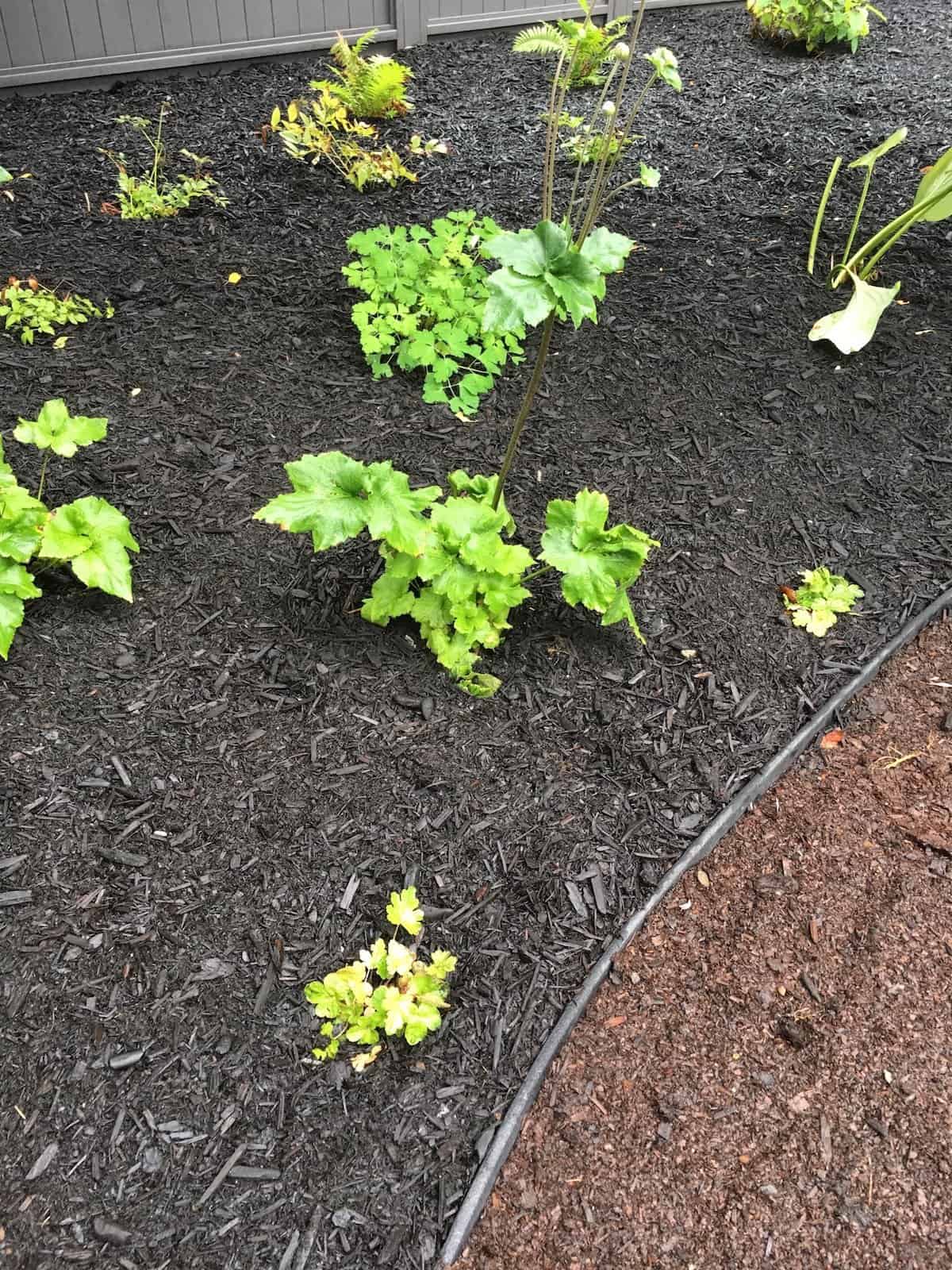
- Image 7: A pot of flowers with black bark mulch in the bottom. The mulch helps to improve drainage and prevent the roots from rotting.
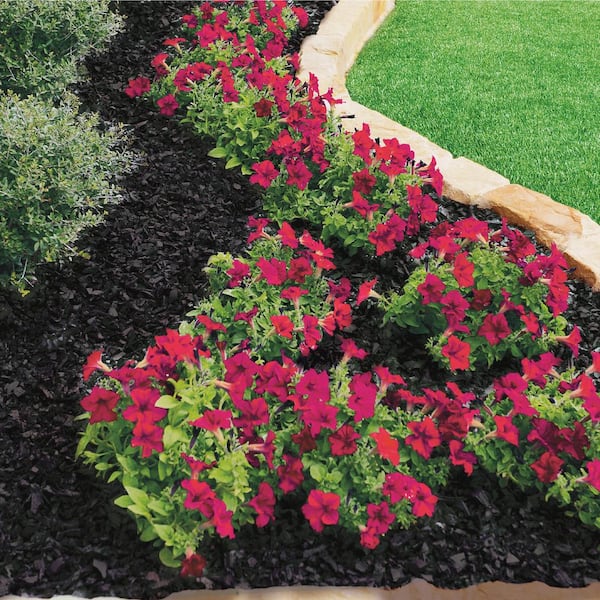
- Image 8: A birdbath surrounded by black bark mulch. The mulch helps to keep the birdbath clean and free of debris.
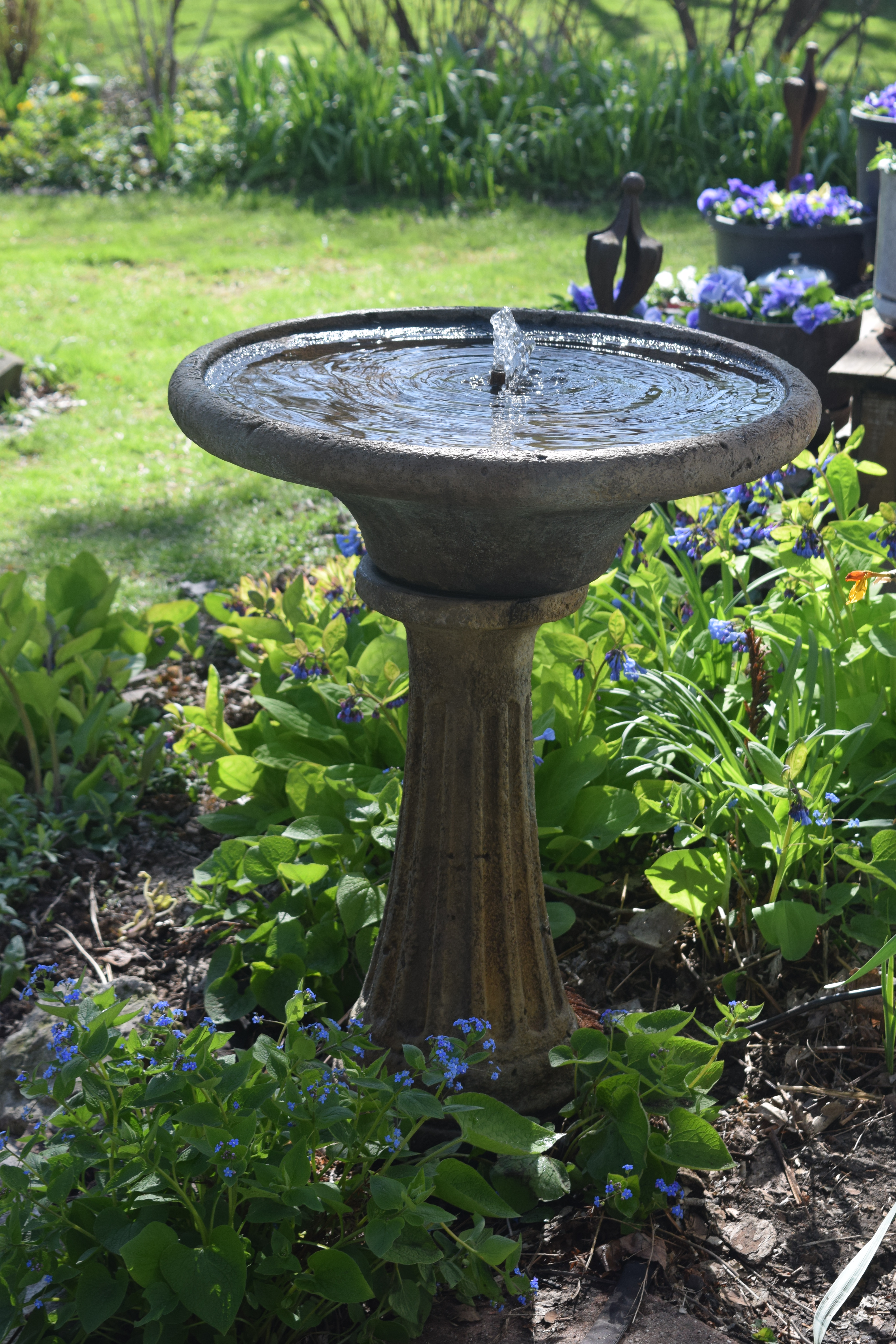
- Image 9: A koi pond with black bark mulch around the edge. The mulch helps to keep the pond clean and free of algae.

- Image 10: A terrarium with black bark mulch in the bottom. The mulch helps to improve drainage and prevent the plants from rotting.
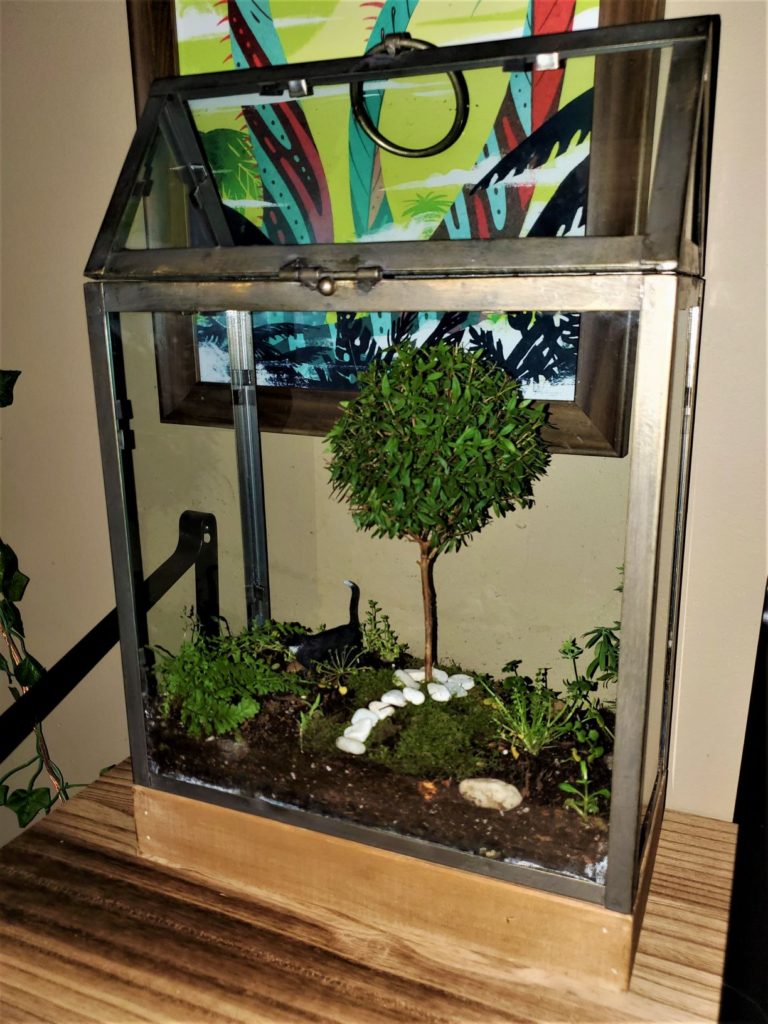
Post a Comment for "Black Bark Mulch: The Ultimate Guide To Using This Versatile Mulch"